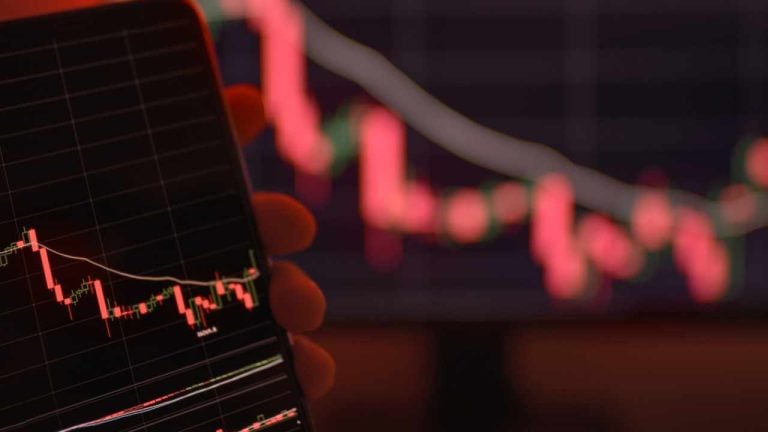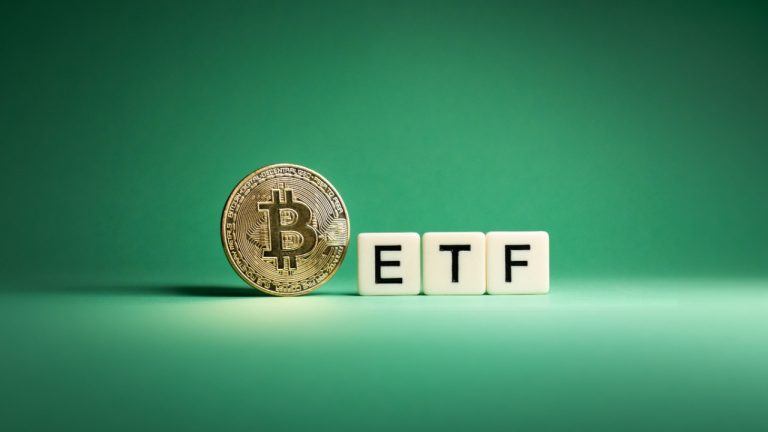
GBTC premium hits -34% all-time low as crypto funds ‘puke out’ tokens

Dark days for crypto institutional investors as contagion fears are magnified and asset prices tumble.
The largest Bitcoin investment vehicle, the Grayscale Bitcoin Trust (GBTC), is now trading at its biggest ever discount to the spot market.
Data from on-chain analytics resource Coinglass shows GBTC shares down 34% versus BTC/USD on major exchanges as of June 17.
GBTC suffers in market downturn
Amid continued turmoil in DeFi spilling over to infect the crypto market, conditions have deteriorated for investors big and small.
The latest figures now show that institutions have definitively failed to avoid the contagion, and the already underperforming GBTC has hit new lows.
The GBTC premium, long a misnomer due to the fund’s shares in fact costing less than Bitcoin itself, is circling its lowest values in history. On June 17, these traded at 34.2% cheaper than the Bitcoin spot price (also known as net asset value or NAV).
A sharp downturn accompanied a similar dip on spot markets as BTC/USD retested $20,000 twice.

As Grayscale pursues United States regulators for permission to convert GBTC to a Bitcoin spot price exchange-traded fund (ETF), conditions continue to look unfavorable for crypto institutional products amid heightened government attention in the wake of the Terra and Celsius meltdowns.
While the firm remains buoyant on the outlook, GBTC’s performance has not escaped commentators, who point the finger at regulators for what they see as inaccurate risk assessment.
Bitcoin spot ETFs remain outlawed in the U.S. due to investor protection concerns, allowing countries such as Canada and Australia to gain first-mover advantage.
Shares of $GBTC are now 66.9% lower than they were at the peak of 2017 despite $BTC trading 5% higher.
Make sure to thank Mr. Gensler for the protection everyone. pic.twitter.com/Q1cAw8hBtR
— Dylan LeClair (@DylanLeClair_) June 16, 2022
“Without ETF approval GBTC may go to -100% premium to NAV,” Vijay Boyapati joked this week.
Hayes names D-Day for crypto market bottom
This situation has not been helped by reported liquidity problems at multiple crypto funds with exposure to those already facing severe losses. Embattled Three Arrows Capital (known as 3AC), for example, is the largest GBTC holder with over 38.8 million shares.
Related: These 3 metrics suggest the Bitcoin price crash is not over
As 3AC fails to meet margin call requirements this week, a marked gap is opening between GBTC and its competition. The ProShares Bitcoin Strategy ETF (BITO), the first U.S. approved ETF based on Bitcoin futures, has even added BTC to its assets under management in recent days.
For Arthur Hayes, former head of derivatives giant BitMEX, some of the biggest names in crypto institutional investing are thus facing a “River Styx” moment.
In his latest blog post on June 17, Hayes delivered a fresh blow to the fate of embattled projects Celsius, Terra and more.
“As this cohort of firms is forced to puke out any asset that is not locked in some long-term yield strategy, look out below,” he predicted.
“More indiscriminate selling of all liquid assets on their loan books will occur so these lending firms may return assets to their retail depositors.”
Having previously called a bottom of $1,000 for Ether (ETH) and $25,000 for Bitcoin, Hayes acknowledged that the reality had been much worse.
The upcoming July 4 holiday weekend, he added, should provide ideal conditions for a macro bottom, particularly as Q2 comes to a close.
“June 30 to July 5 is going to be a wild ride to the downside,” the blog post continues.
“My $25,000 to $27,000 Bitcoin and $1,700 to $1,800 Ether bottom levels lay in tatters. How low can we go? I believe we’ll find out on this fateful weekend.”
The views and opinions expressed here are solely those of the author and do not necessarily reflect the views of Cointelegraph.com. Every investment and trading move involves risk, you should conduct your own research when making a decision.
Go to Source
Author: William Suberg







